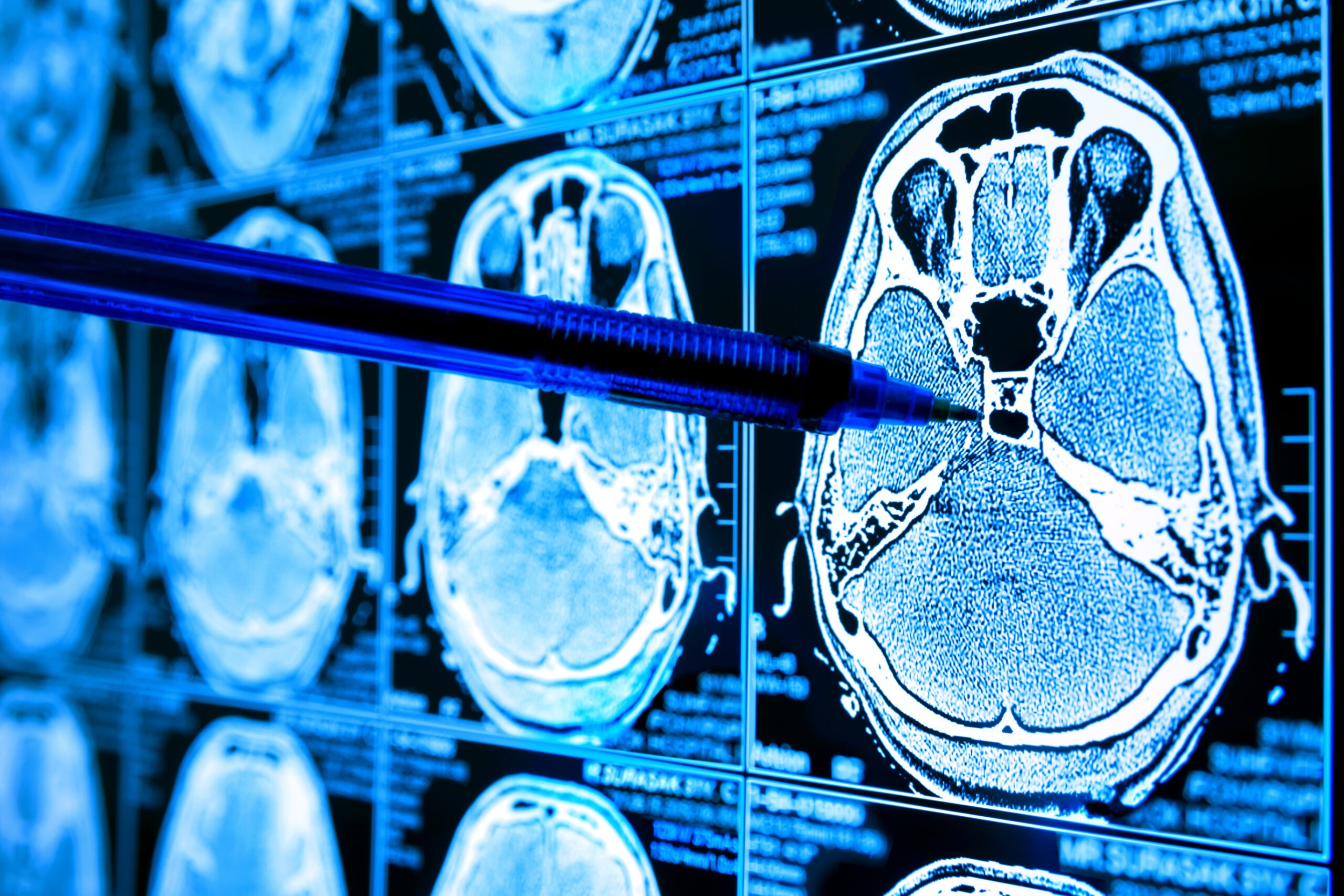
From robot surgeons to a range of different healthcare apps, artificial intelligence (AI) is driving medical advances. Britain is keen to stay at the forefront of this emerging field and the UK government has today announced a major investment in AI diagnostics.
Part of the Life Sciences Industrial Strategy, global biopharmaceutical company UCB is investing around £1 billion in research and development, as part of a second life sciences sector deal with the UK government.
With industry investment from ten companies from across the sector, it is intended to boost research into important applications of AI diagnostics and drug discovery.
AI diagnostics
AI’s ability to analyse large quantities of complex data and spot patterns means that it has huge potential in the field of diagnostics. Algorithms can be trained to detect diseases before symptoms appear, not only saving time and money but potentially saving lives too.
In the UK and the US the average time to receive a diagnosis for a rare disease is five to seven years. However, big data could speed up this process. Using AI to identify trends in patient data could enable doctors to diagnose rare conditions sooner and develop the next generation of treatments.
It is estimated that if late stage diagnosis were halved across bowel, ovary, prostate and lung cancer, over 55,500 more people would be diagnosed at an early stage, potentially resulting in 22,500 fewer deaths per year within 5 years of diagnosis.
How well do you really know your competitors?
Access the most comprehensive Company Profiles on the market, powered by GlobalData. Save hours of research. Gain competitive edge.

Thank you!
Your download email will arrive shortly
Not ready to buy yet? Download a free sample
We are confident about the unique quality of our Company Profiles. However, we want you to make the most beneficial decision for your business, so we offer a free sample that you can download by submitting the below form
By GlobalDataA number of high-profile clinical trials have provided compelling evidence for its accuracy. A recent study looking at the prevention and treatment of Alzheimer’s found that AI was able to predict Alzheimer’s six years before diagnosis. Through deep learning, an algorithm was able to teach itself metabolic patterns that corresponded to Alzheimer’s disease, as Alzheimer’s is thought to affect the uptake of glucose in certain parts of the brain; a useful insight into how AI could assist in the diagnosis of the currently incurable disease.
The NHS is investing in AI
The NHS has already started looking to AI to improve patient service and cut costs, and the technology is currently being used to improve the patient care through AI-powered apps and implementing technology which will allow NHS 111 inquiries to be handled by robots within two years.
Last month, business secretary Greg Clark announces five new centres of excellence for digital pathology and imaging, and a £50m in funding for AI-powered research.
The latest programme, backed by up to £79m of government funding, will study 5 million healthy people to develop new diagnostic tests using AI, the largest ever study of its kind.
By collecting a range of data from healthy volunteers over years, researchers will study how the group’s health changes, identifying common characteristics to understand how and why diseases develop.
It is hoped that this will help create the industries and treatments of the future such as genomics and AI diagnostics, as well as cementing the UK’s position as a leader in life sciences.
Health Secretary Matt Hancock believes that AI has the potential to revolutionise medicine:
“I want the UK to have the most advanced health and care system on the planet. Technology and artificial intelligence have the potential to revolutionise healthcare by unlocking the next generation of treatments, diagnosing diseases before symptoms appear and helping patients take greater control of their own health.”
Public perception
However, despite being heralded being poised to achieve further breakthroughs in the sector, more needs to be done to convince patients. Research by OpenText revealed that the public does not yet feel confident in the ability of AI when it comes to diagnosis, with only a quarter of UK consumers believe robots would reach the correct diagnosis. 41% do not know if they would trust AI diagnostics.
Furthermore, one in five British citizens also think that Brexit will impact the UK’s ability to innovate in the area of artificial intelligence.
Mark Bridger, SVP Europe of OpenText believes that it is important that the industry and wider population embraces the benefits the technology can offer:
“Artificial intelligence and cognitive technologies have the potential to completely transform healthcare services. While sci-fi films can distort the impact of AI technology, it’s time to stop viewing AI as an existential threat to our livelihoods and our health. AI will transform the workplace as menial tasks, and some non-routine jobs, are digitalised through robotics and process automation but it cannot replace people. The true value of AI will be found in it working alongside humans to ease the pressure across the healthcare system as well as making our lives easier. By implementing AI when tapping into the vast volumes of data available to them, healthcare organisations can gain access to real-time information and sophisticated insights – empowering them to improve decision-making and deliver services that really do meet the needs and wants of UK citizens.”







